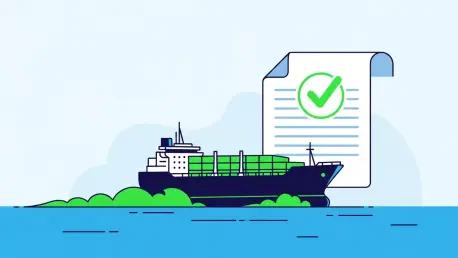
An Unprecedented Surge The Core of India's EV Transition India stands at the precipice of an automotive revolution, poised to become one of the world's largest electric vehicle markets in a shift that hinges entirely on its ability to scale its battery supply chain at an unprecedented rate. A new

The global maritime industry, a vital artery of world trade, is under immense pressure to decarbonize its operations, yet a significant challenge has been the lack of viable, zero-carbon fuel alternatives that can be safely and legally adopted on a global scale. While ammonia has long been heralded

A critical new report has ignited a fierce debate across New South Wales, placing the state's significant coal mining industry in direct opposition to its legally mandated climate change commitments. The analysis, released by the independent NSW Net Zero Commission, has become a flashpoint by

A highly contentious proposal to construct a large-scale biofuel facility on Semiahmoo First Nation lands has been officially abandoned following a year of intense public opposition and the collapse of critical government support. The project, a partnership between the Semiahmoo First Nation (SFN)

With home energy costs representing a significant and often unpredictable portion of household budgets, many homeowners are searching for sustainable ways to reduce their expenses without sacrificing comfort. The quest for efficiency has led to a reevaluation of traditional heating and cooling

As the global aviation industry grapples with the monumental challenge of decarbonization, a significant proposal has emerged from the Netherlands, where the national carrier is advocating for a landmark government-industry partnership to accelerate the green transition. Following the strategic